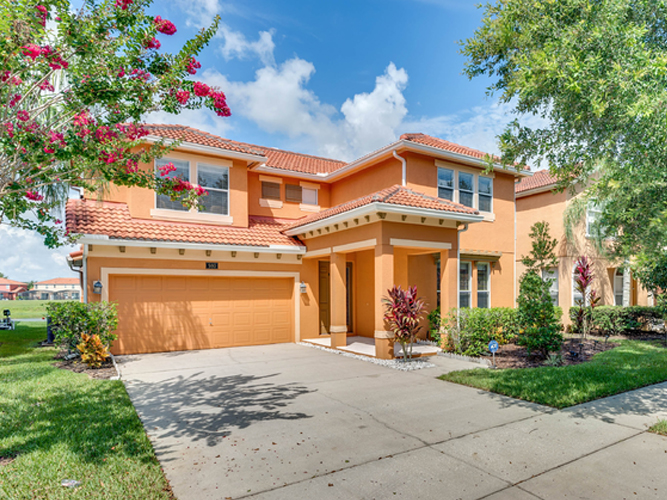Second or vacation homes are my career specialty and expertise. Home of Walt Disney World, Universal Studios, Sea World, world class golf courses and many other local attractions as well as multiple conference facilities and let’s not forget: terrific weather – make Orlando the third most visited city in the U.S. after New York and Los Angeles but ahead of Las Vegas with over 75 million visitors a year! Talk about a GREAT place to own a vacation home! The purchase and sale of second/vacation homes are mostly identical to residential with a few exceptions. Although it’s not your main home, you’ll occupy the second or vacation property for part of the year, perhaps on the weekends, holidays, or during certain seasons. A property of this type must be located away from your primary residence to be considered a second home, at least 50 to 100 miles, in most cases. When a second home is too close to a primary residence, mortgage lenders may classify the property as a rental home. A second home is purchased exclusively for your enjoyment. However, because second homes pose a greater risk to lenders, often due to financial hardship, an owner is more likely to stop paying the mortgage on a second home before the mortgage on a primary residence. Therefore, second homes tend to have slightly higher mortgage rates and bigger down payment requirements.
Central Florida is rather unique in that many vacation home owners are able to enjoy their property on occasion but also use it as a Short-Term (vacation) Rental investment property. This is a property usually purchased for the sole purpose of generating income. Again, these properties are an excellent way to supplement or earn passive income, but they are also riskier. For this reason, investment properties typically involve higher down payments, higher interest rates, and some loans have a cash reserve requirement. It’s also important to note that buying either a second home or investment property means fewer lending options. You can use a conventional loan to purchase an investment property, but you can’t typically use an FHA loan, nor can you use a USDA loan. When a foreign owner sells their U.S. property the FIRPTA (foreign investment in real property tax act) clause requires the IRS to withhold 15% of the net proceeds (generally to determine if there are capital gains). Having myself lived abroad and owned a vacation/short-term rental property in the U.S. means I understand the particulars of property management, rental history records, what appeals to investors and the best way to manage expectations and market this type of property.

